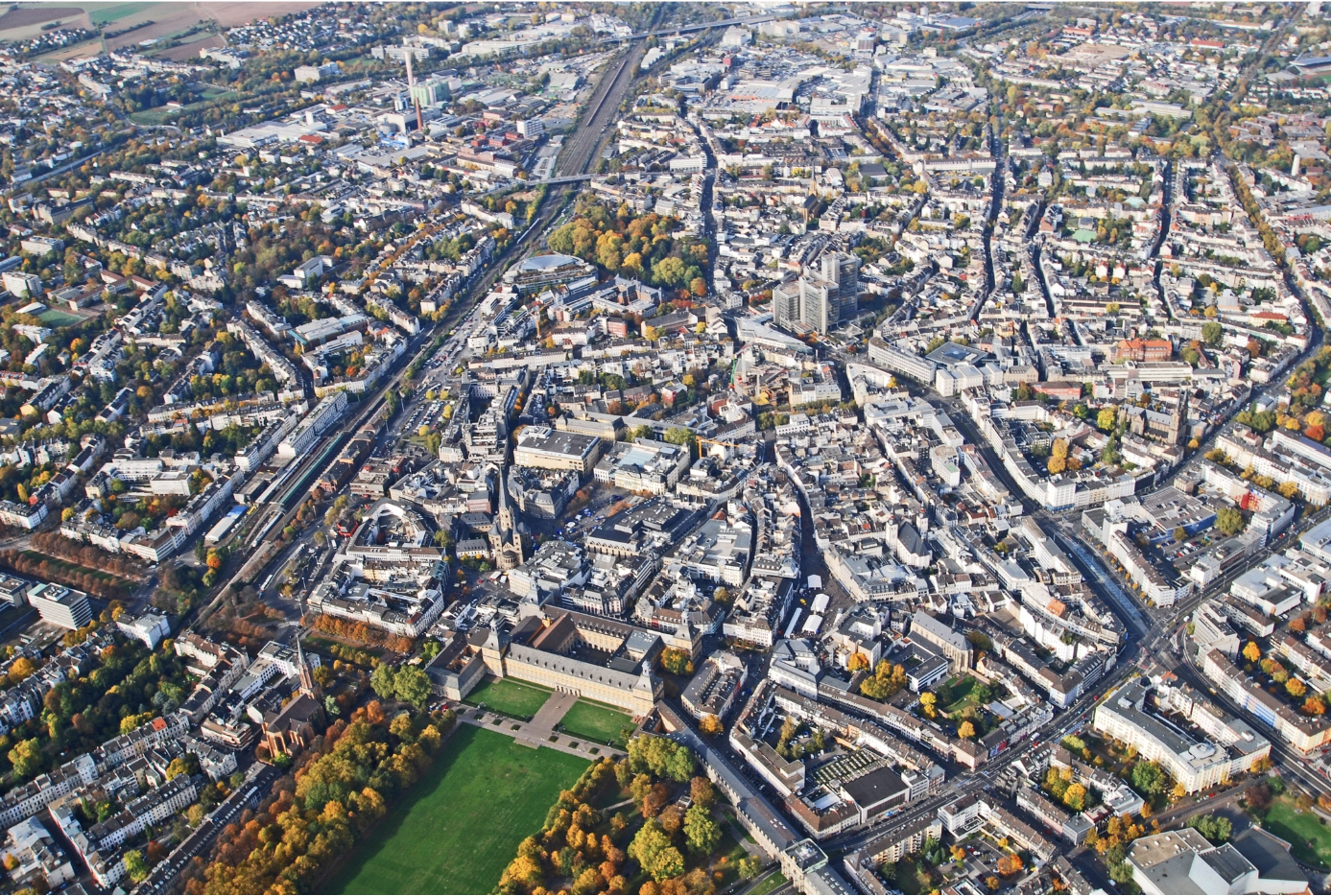Empowering small rural municipalities through multilevel governance for adaptation in North Rhine-Westphalia, Germany

This case study was originally published on the Climate-ADAPT website – for more information please visit the case study page. Climate-ADAPT aims to support Europe in adapting to climate change by helping users to access and share data and information. The platform includes the Climate-ADAPT database that contains quality checked information that can be easily searched.
Introduction
A multilevel governance approach to adaptation, mixing bottom-up and top-down approaches, was successfully tested in North Rhine-Westphalia, prompting the implementation of the Federal State Adaptation Law and making rural regions better prepared for climate change.
The goal of the Evolving Regions project (2019-2023) was to enable stakeholders in seven rural districts in the German Federal state of North Rhine-Westphalia (NRW) to actively address the impacts of the changing climate. The project demonstrated that the collaboration between different governance levels (the federal state, the districts and the municipalities) helped to create enabling conditions to implement the federal state adaptation law in the small municipalities.
By involving the seven districts (about a quarter of the area of the Federal state), the basis for active climate adaptation in 100 municipalities with nearly 2.4 million inhabitants was laid. This was one of the reasons why the state’s environment minister at the time described the project as the “flagship for climate adaptation in rural areas in North Rhine-Westphalia”.
You can read the full case study on the Climate-ADAPT website.

Comments
There is no content